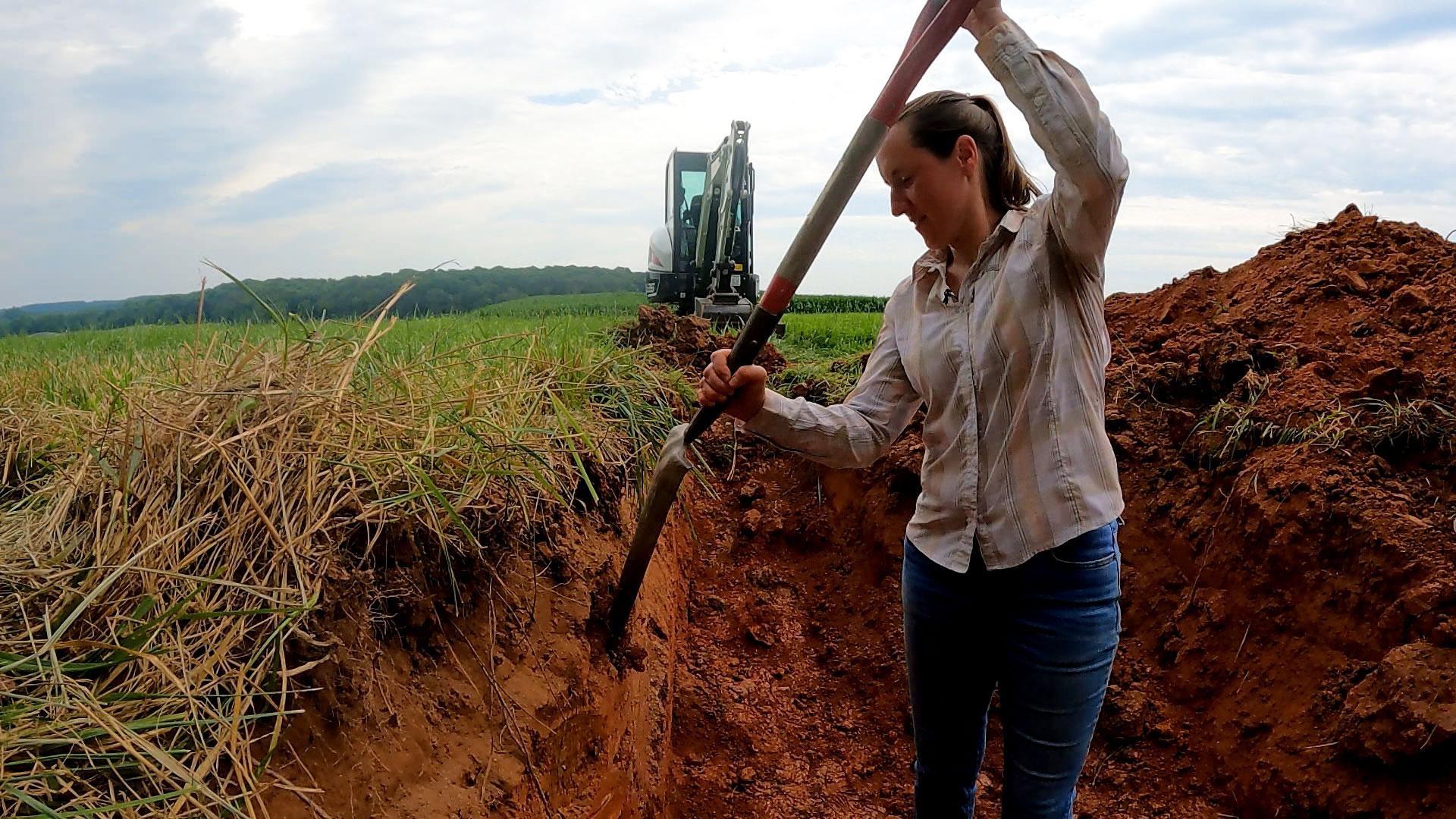There’s something deeply fundamental about land for sale, isn’t there? It’s the source of our food, the foundation of livelihoods, and for many, a tangible connection to the natural world. When you start looking at agriculture land for sale, you’re not just considering a piece of dirt; you’re potentially unlocking a world of possibilities, from cultivating crops and raising livestock to creating a rural retreat or making a long-term investment. It’s a decision that carries the weight of history and the promise of the future.
More Than Just Acres: Understanding the Different Types of Agricultural Land
Now, before you picture rolling fields of golden wheat, it’s important to realize that “agriculture land” encompasses a wide spectrum. You might encounter fertile cropland ideal for growing grains, fruits, or vegetables. Then there’s pastureland, perfect for grazing cattle, sheep, or other livestock. Timberland, while often considered separately, can also fall under the umbrella of agricultural land, offering opportunities for forestry and sustainable harvesting. And don’t forget specialty lands like vineyards, orchards, or even land suited for aquaculture. Each type comes with its own set of characteristics, potential uses, and considerations.
The Pull of the Land: Why People are Investing in Agriculture
What’s driving the interest in agriculture land for sale? Several factors come into play. For some, it’s a passion for farming and a desire to be directly involved in producing food. Others see it as a sound long-term investment, a tangible asset that can appreciate in value over time, especially as the global population grows and the demand for food increases. Still others are drawn to the rural lifestyle, seeking peace, quiet, and a connection to nature away from the hustle and bustle of urban life. And increasingly, there’s a growing interest in sustainable agriculture and the opportunity to steward land in an environmentally responsible way.
Location, Location, Cultivation: Key Factors to Consider
Just like with any real estate, location is paramount when it comes to agriculture land. Factors like climate, soil quality, water availability, and access to markets are crucial. Is the growing season long enough for the crops you intend to cultivate? Is the soil fertile and well-drained? Are there reliable sources of irrigation? How far will you need to transport your goods to reach buyers? These are all vital questions to ask. Furthermore, consider local zoning regulations, potential environmental restrictions, and the availability of infrastructure like roads and utilities.
Beyond the Yield: Exploring Potential Uses and Diversification
While traditional farming is a primary use for agricultural land, the possibilities don’t end there. Some landowners are exploring agritourism, offering farm stays, workshops, or pick-your-own experiences. Others are diversifying into renewable energy, leasing land for solar farms or wind turbines. Still others might consider conservation easements, protecting the land’s natural resources while potentially receiving tax benefits. Thinking creatively about how the land can be used, both now and in the future, can unlock additional value and opportunities.
Navigating the Market: Finding the Right Piece of Earth
Finding the right piece of agriculture land for sale requires a different approach than searching for a house. Working with real estate agents who specialize in rural properties can be incredibly beneficial. They understand the nuances of agricultural land, from soil types to water rights. Don’t be afraid to get your hands dirty – literally. Inspect the land thoroughly, walk the fields, and if possible, consult with agricultural experts to assess its suitability for your intended use. Soil testing, water analysis, and understanding the land’s history can save you significant headaches down the road.
The Long Game: Investing in the Future of Food and Land
Investing in agriculture land is often a long-term play. It’s about more than just immediate returns; it’s about contributing to the essential task of food production and being a steward of the land for future generations. It’s about understanding the cyclical nature of agriculture, the potential challenges of weather and market fluctuations, and the rewards of nurturing the land and seeing it flourish. It’s a commitment that connects you to the fundamental processes that sustain us all.
More Than an Asset: The Intrinsic Value of Owning Land
Ultimately, owning agricultural land for sale can offer a sense of connection and fulfillment that goes beyond mere financial gain. It’s the satisfaction of working the land with your own hands, of contributing to your community’s food security, or simply of having a piece of the earth to call your own. It’s a tangible link to the natural world, a place where you can witness the seasons unfold and feel a sense of groundedness. It’s an investment in something real, something vital, and something that holds enduring value.







